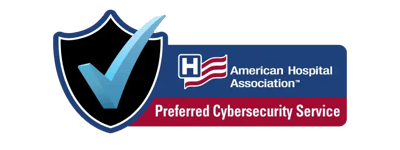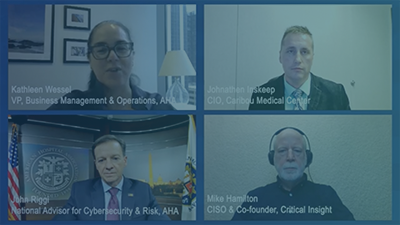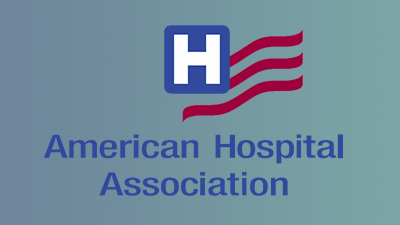Rural and Critical Access Hospitals

We Know the Challenges You're Facing
Limited resources
Rural and critical access hospitals typically have small IT budgets and teams as compared to larger health systems making it harder for you to invest in modern cybersecurity tools and training.
Legacy systems
Upgrading outdated software or operating systems can be cost-prohibitive, which makes continuous vulnerability scanning and patching critical, but knowing what, when, and how to fix can be complex.
Compliance challenges
You need to comply with regulations covering patient privacy and data security but decentralized systems, fewer security specialists, and lack of security awareness training for employees make it tough.
Ransomware
Cybercriminals know you are more likely to pay ransoms quickly to restore disrupted systems. They also know a HIPAA violation and fine from a breach can be catastrophic, adding to their leverage.
Unsecured devices
Connected medical devices like ventilators, infusion pumps, and telemetry systems introduce security vulnerabilities which make device security and network segmentation critical to maintaining security.
On-going education
Security training around strong passwords, reporting suspicious activity, avoiding phishing attempts (and more) are critical, but due to resource constraints can be difficult for you to deliver.
“As a smaller hospital, we do what we can to secure the network, but there’s no way we could be 24x7 without Critical Insight. They help us morning, noon, and night and I can sleep at night knowing they are there for us. I know I can call them with any question and they will get me an answer.”
Jason Povey
CIO, Power County Hospital District
“I tried many other solutions, but Critical Insight was the only one that solved all of my security needs. They didn’t have just one service, they did everything for my security program and that’s what a Critical Access Hospital needs in a partner.”
Johnathen Inskeep
CIO, Caribou Medical Center
“I’ve been through a ransomware attack and I can tell you it’s awful. Critical Insight is the real deal and I trust them to protect me, our hospitals, and patients.”
Tim Powers
CFO, Idaho Hospital Association
Why Critical Insight
We'll help you improve your security defenses and because we are vendor-neutral, we can integrate your other solutions to maximize your existing investments.
Are you an American Hospital Association member? Receive a member-only discount on MDR services.
Our semi-annual healthcare breach reports and our exclusive partnership with CyberSaint compliance platform are unique to Critical Insight.
Deep Healthcare Security Expertise
The HIPAA Security Rule was written in part by our founder, Fred Langston. His expertise, experience, and connections in healthcare security are what keeps Critical Insight ahead of our competition.
We are committed to educating IT teams about the security challenges and trends unique to healthcare organizations in our semi-annual healthcare breach report and live panel discussions.
Ensure Compliance with CyberSaint
Our exclusive partnership with CyberSaint automates compliance assessments at scale with patented AI and machine learning technology - which you'll receive as part of your MDR service at no additional charge.
Easily meet compliance standards while reducing cost and minimizing risk with Critical Insight services, which satisfy HIPAA, PCI, and state laws compliance requirements.
Cost-sensitive Pricing
Critical Insight provides Managed Detection and Response, Vulnerability Detection, and Consulting Services to help you secure your mission-critical systems in a package that works for you.
From HIPAA Risk Assessments to Continuous Vulnerability Identification to PenTesting to vCISO services - you can build a custom cyber program.

Caribou Medical Center

Power County Hospital

5 Cyber Problems for Healthcare
Experts John Riggi (The American Hospital Association) and Drex DeFord (former CIO of Steward Healthcare, Seattle Children's, Scripps Health, USAD Health) explore five cybersecurity vulnerability areas that healthcare providers need to address.
